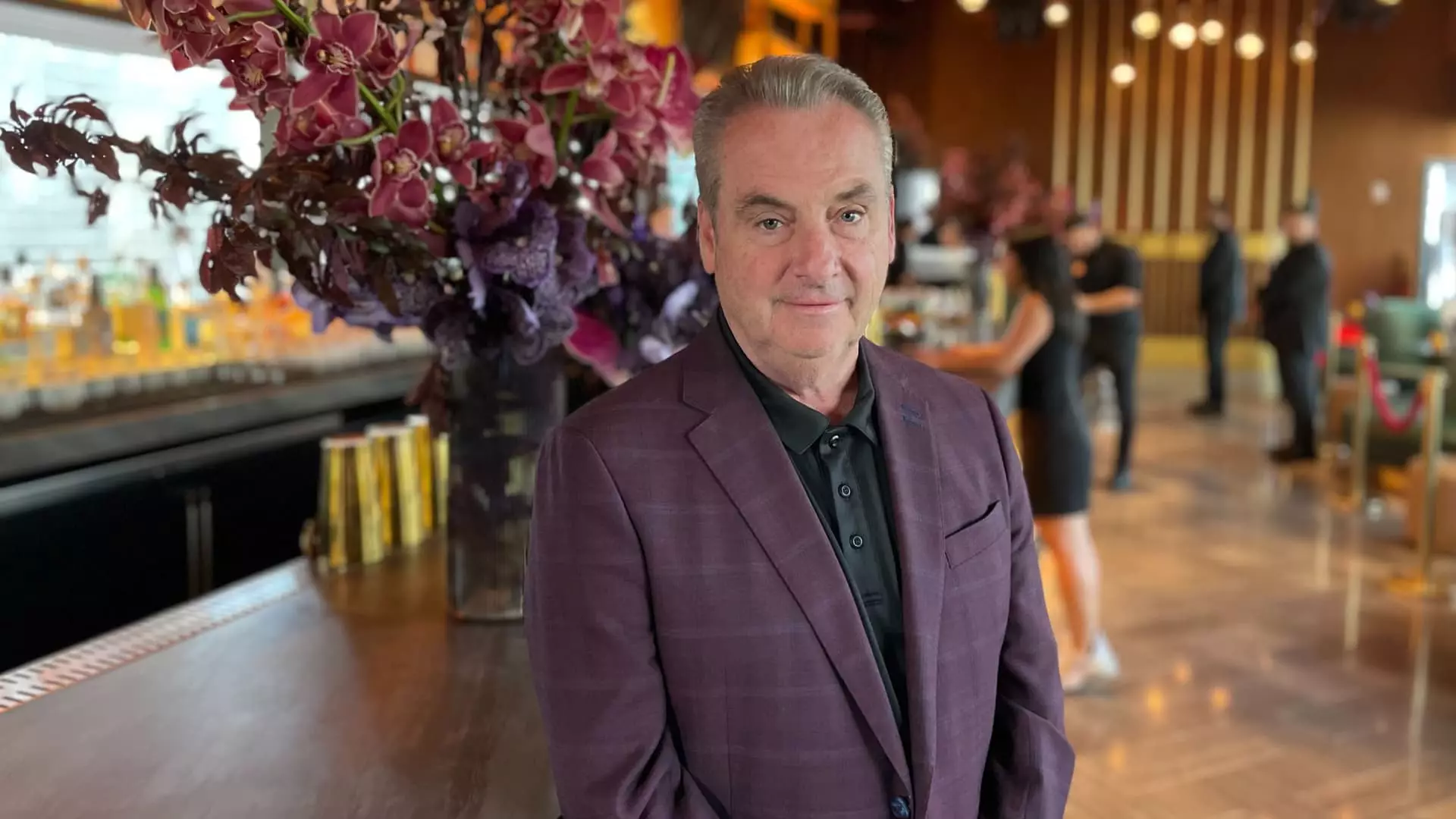The landscape of sports betting in Florida is poised for transformation, particularly with recent developments from Hard Rock International. The company, which currently holds a monopoly on sports betting after a protracted battle against major gambling entities like FanDuel and DraftKings, has signaled its willingness to entertain partnerships with these commercial sportsbooks. This move represents a significant shift in the once competitive dynamics of Florida’s gaming market and could redefine how sports betting operates in the state.
In 2021, efforts to legalize sports betting in Florida were met with resistance, culminating in a notable struggle between Hard Rock, backed by the Seminole Tribe, and various commercial operators. The, as yet, unfulfilled ambition of companies like FanDuel and DraftKings to tap into Florida’s lucrative market illustrates the challenges faced in this decentralized, competitive landscape. Hard Rock’s recent comments suggest a willingness to draw from the experiences of these established brands, hinting at a cooperative approach rather than a purely competitive one.
Hard Rock’s chairman, Jim Allen, expressed optimism about forming a strategic relationship with namesakes in sports betting during an interview at the Global Gaming Expo in Las Vegas. By leveraging the strong brand recognition and technological expertise that FanDuel and DraftKings possess, Hard Rock could significantly enhance its market offerings. Such collaborations could bolster customer engagement through innovative betting options and marketing initiatives, tapping into the appeal of Florida’s robust sports scene, which boasts an impressive roster of professional and collegiate teams.
Florida’s sports betting market is rife with promise; it boasts a population that surpasses New York, the current leader in sports betting revenue. This demographic edge, coupled with a diverse array of athletic opportunities, makes Florida an alluring target for sportsbook operators. The potential for expansive revenue generation attracts not only established brands but also new entrants eager to capitalize on Florida’s growing gambling culture.
As discussions move forward, a central question remains: how will these partnerships influence legislation and policy in Florida? The state’s unique political and regulatory framework adds another level of complexity to any agreements. The Seminole Tribe’s status as a sovereign entity creates both opportunities and obstacles in forging collaborative frameworks with commercial sportsbooks, necessitating careful navigation of legal agreements.
While Hard Rock’s willingness to engage in dialogue with FanDuel and DraftKings marks a departure from their previous hardline stance, it also suggests a new era for sports betting in Florida. This willingness to collaborate opens up possibilities for innovation and growth within the market. As stakeholders continue to explore these partnerships, the future of sports betting in Florida may become a benchmark for cooperative strategies across states eager to expand their gambling offerings.

Leave a Reply